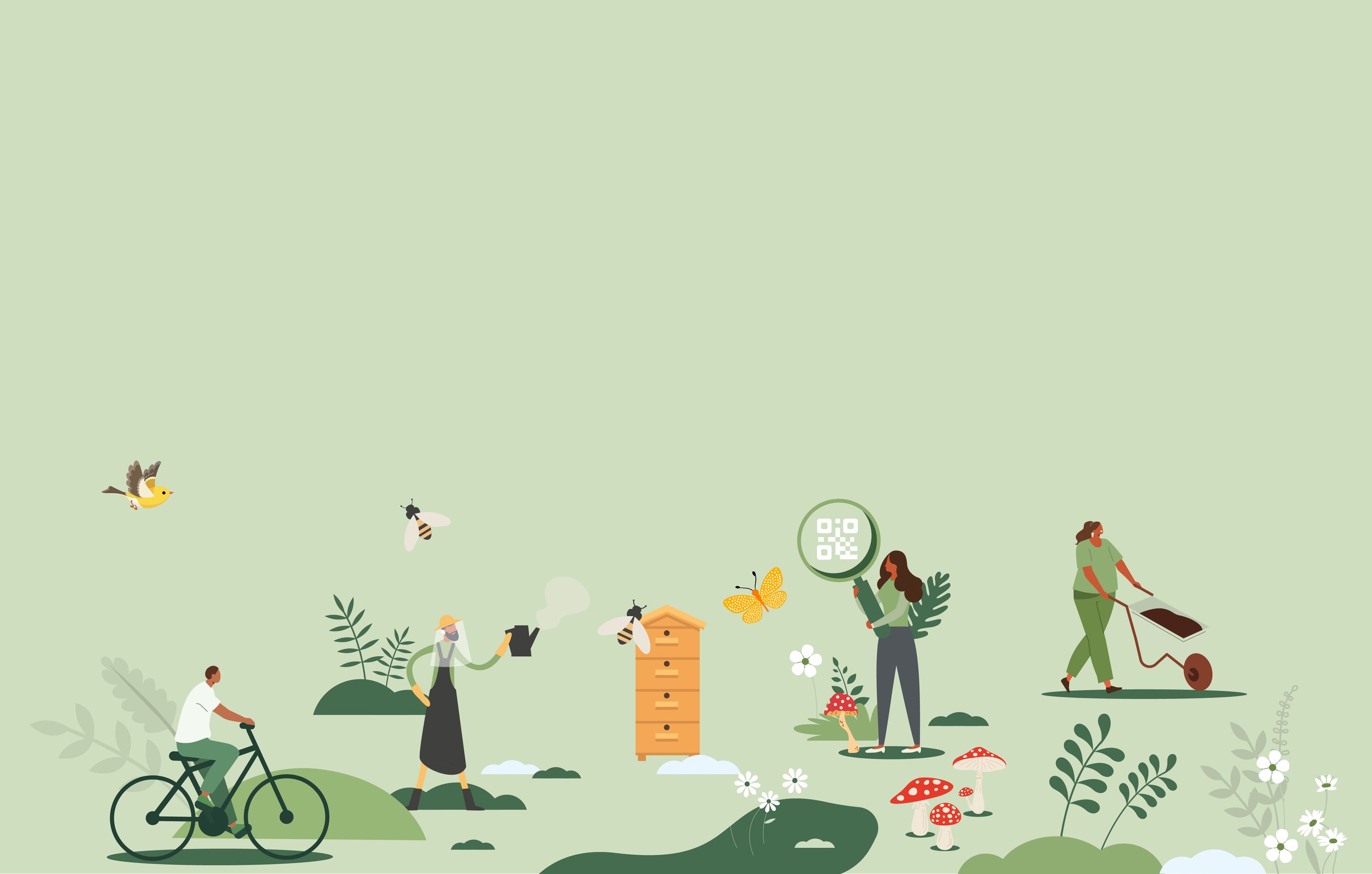
Quorum Park Wildlife Walk
The vital role of death and decay in rewilding ecosystems
When we think of rewilding, images of vibrant wildflowers and lush green meadows often come to mind.
However, a truly thriving ecosystem requires more than just growth; it must also embrace the natural processes of death and decay. These processes are crucial for maintaining balance and fostering biodiversity.
At Quorum Park, we've learned that allowing grass to grow and sowing wildflowers is just the beginning. True rewilding makes room for all stages of life, including decay, which enriches the soil and supports countless organisms. Fallen leaves, dead wood, and decaying plants provide essential nutrients and habitats for insects, fungi, and microorganisms. These, in turn, support birds, mammals, and other wildlife, creating a complex web of life.
To manage these natural processes, we have established an onsite stumpery and several bug hotels. These structures mimic natural decay, offering safe havens for insects and promoting decomposition. Our specifically created wild habitats encourage a diverse range of species to thrive, contributing to a healthier and more resilient ecosystem.
Embracing death and decay might seem counterintuitive, but it's a vital part of rewilding. By supporting these processes, we not only enhance the beauty of our landscapes but also ensure their ecological integrity. At Quorum Park, we are committed to nurturing these natural cycles, allowing nature to flourish in its own time and way.
Check out these too
Click images to read more
Beetroot & Goats
Cheese Salad Recipe
ESG Strategy
Broad Bean &
Pea Risotto Recipe
Quorum Beehives
Cut Flower Guide
Rewilding Inspiration
Pumpkin
Soup Recipe
Allotment Map
Runner Bean
Stir Fry Recipe
Allotment FAQs
Connecting with Nature













